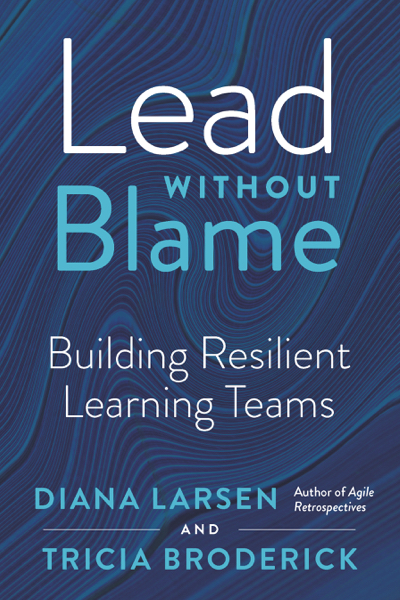Someone commented that my trainings and even this blog are too focused on soft skills. When I inquired what they mean by soft skills…the response was “you know, people stuff like facilitation”. I tried to come at this with curiosity but I failed. I may have just found a new soap box/pet peeve.
Let’s first refresh on the definition of soft skills (via wikipedia):
Soft skills are a combination of people skills, social skills, communications skills, character traits, attitudes, career attributes, social intelligence and emotional intelligence quotients among others that enable people to navigate their environment, work well with others, perform well, and achieve their goals with complementing hard skills. The Collins English Dictionary defines the term “soft skills” as “desirable qualities for certain forms of employment that do not depend on acquired knowledge: they include common sense, the ability to deal with people, and a positive flexible attitude.”
An example of soft skills that I take into account for leaders include:
- Courtesy – manners, etiquette, business etiquette, gracious, says please and thank you, respectful.
- Flexibility – adaptability, willing to change, lifelong learner, accepts new things, adjusts, teachable.
- Integrity – honest, ethical, high morals, has personal values, does what’s right.
- Positive attitude – optimistic, enthusiastic, encouraging, happy, confident.
What is not a soft skill: Facilitation, Training, Coaching, Mentoring. Each of these is a discipline in themselves with an enoromous amount of concepts and tools to practice. Hard skills are teachable abilities or skill sets that are easy to quantify. After years and years of learning (teachable) and practicing (quantifiable), there is nothing “soft” about these areas.
Now I’ll give the aspect that there is no one right way, no checklist to implement these skills. I’ll also highlight that just like other hard skills, having soft skills such as a positive attitude goes a long way in the best possible results.
I have no idea how soft skills starting applying to anything that wasn’t coding. Yet, I feel it is important to highlight this error for a couple of reasons. One, the term soft skills has an association that these are optional. I’m sorry, but I’m not interested in working with people with no soft skills (integrity, flexibility, etc). Two, the term soft skills has begun to have a “negative” association. Choosing to learn coaching skills is challenging and immensely valuable…we all lose if people stop valuing these hard skills.
How have these hard skills helped you as a leader?




